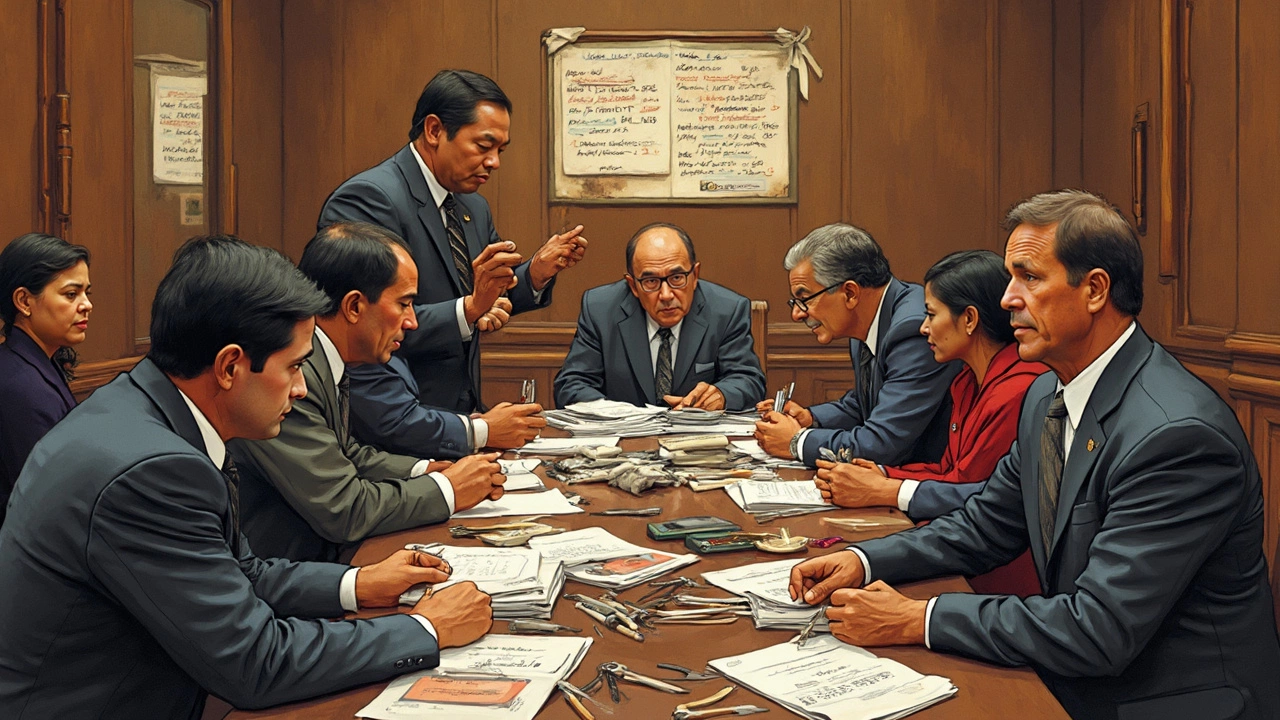Why Court Cases Take Forever and What You Can Do About It
Ever wondered why a simple civil dispute can stretch into years? You’re not alone. In India the courts are packed, procedures are layered, and a single adjournment can add months. Understanding the real reasons behind the drag helps you avoid the most common time‑wasters and push your case forward.
What Actually Makes Cases Slow
First, the backlog. With millions of pending filings, judges simply don’t have the time to hear every case promptly. Second, procedural loopholes – missing signatures, incomplete evidence, or wrong jurisdiction – force the court to send the file back for correction. Third, frequent adjournments. Lawyers (sometimes unintentionally) request extra time for research, client meetings, or personal reasons, and judges often grant them without asking for a solid justification.
Finally, the appeal ladder. Even after a decision, a party can appeal to a higher court, restarting the clock. While appeals protect rights, they also add a whole new cycle of hearings.
Practical Ways to Cut the Waiting Time
Pick a lawyer who knows the local bench. An attorney familiar with the judge’s preferences can file documents in the exact format the court expects, sparing you endless back‑and‑forth. Ask your lawyer to do a “pre‑filing checklist” – verify that every supporting document, from tax records to medical reports, is attached and correctly labeled.
Consider fast‑track or special courts if your case fits. Family disputes, consumer complaints, and certain criminal matters have dedicated fast‑track lanes that promise a decision within a few months.
Whenever you’re asked for an adjournment, ask the court for a clear reason. If the request is for a simple clarification, the judge may deny it and push the case ahead. Showing up on time, fully prepared, and with all witnesses ready also reduces the judge’s need to grant extensions.
Lastly, explore alternatives like mediation or arbitration. Many civil disputes settle outside the courtroom in weeks rather than years, and the court often records the settlement, giving it the same legal weight.
Bottom line: slow court cases are a symptom of overload, paperwork gaps, and unnecessary delays. By tightening your paperwork, choosing the right legal partner, and using fast‑track or out‑of‑court options, you can shave months—sometimes even years—off the timeline. The next time you stare at a docket that looks endless, remember these tweaks and watch the clock tick faster.
Why Do Lawyers Drag Out Cases? Family Law Secrets You Need to Know
This article breaks down the real reasons why lawyers in family law often seem to drag out cases. It covers both the tactical moves and everyday obstacles that cause delays in divorce and custody battles. You'll get a look behind the curtain at how the court system works and what you can do to keep your case moving. Expect clear facts, practical tips, and zero legal jargon. If you want to understand what really slows things down, this is for you.
